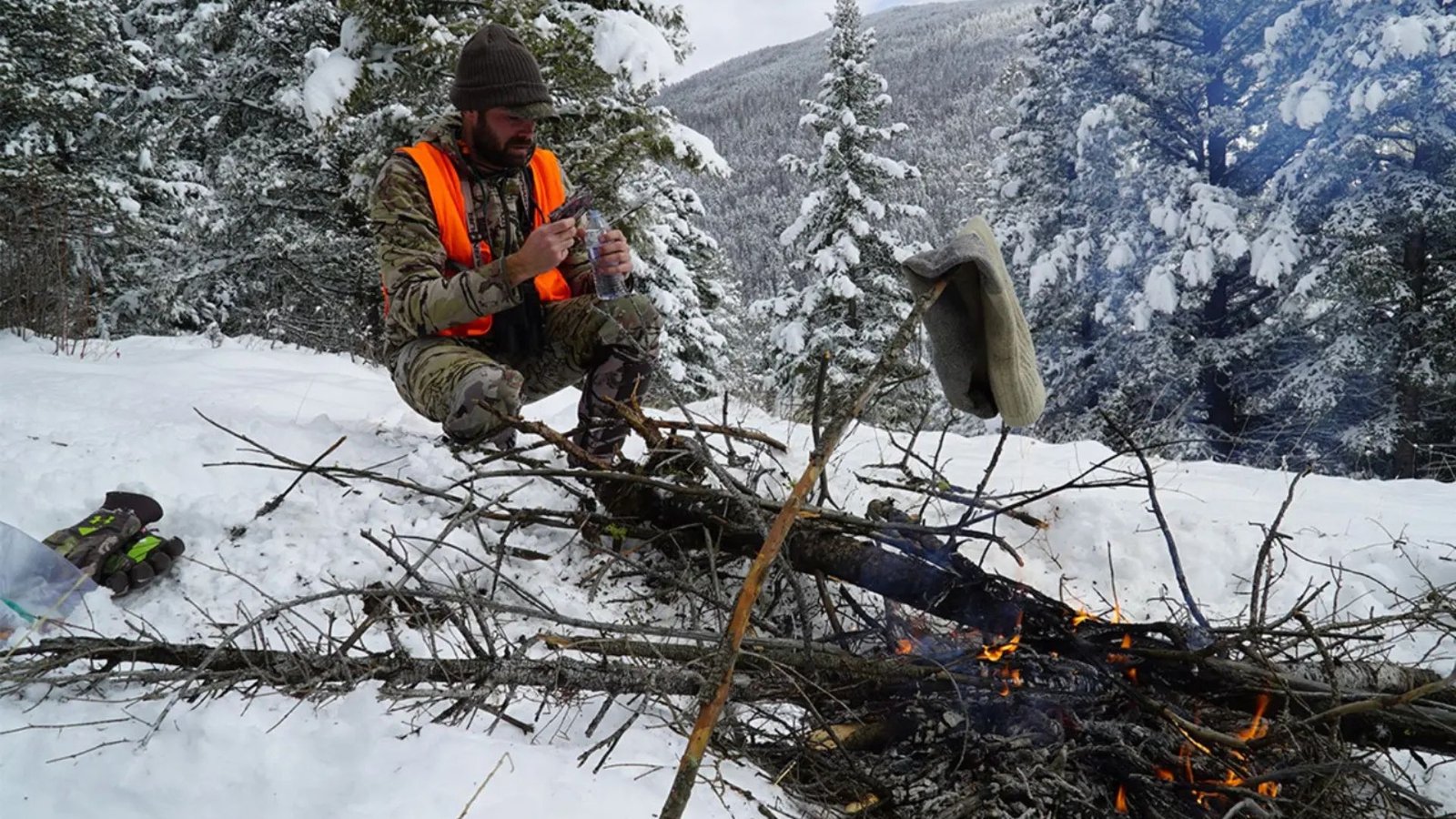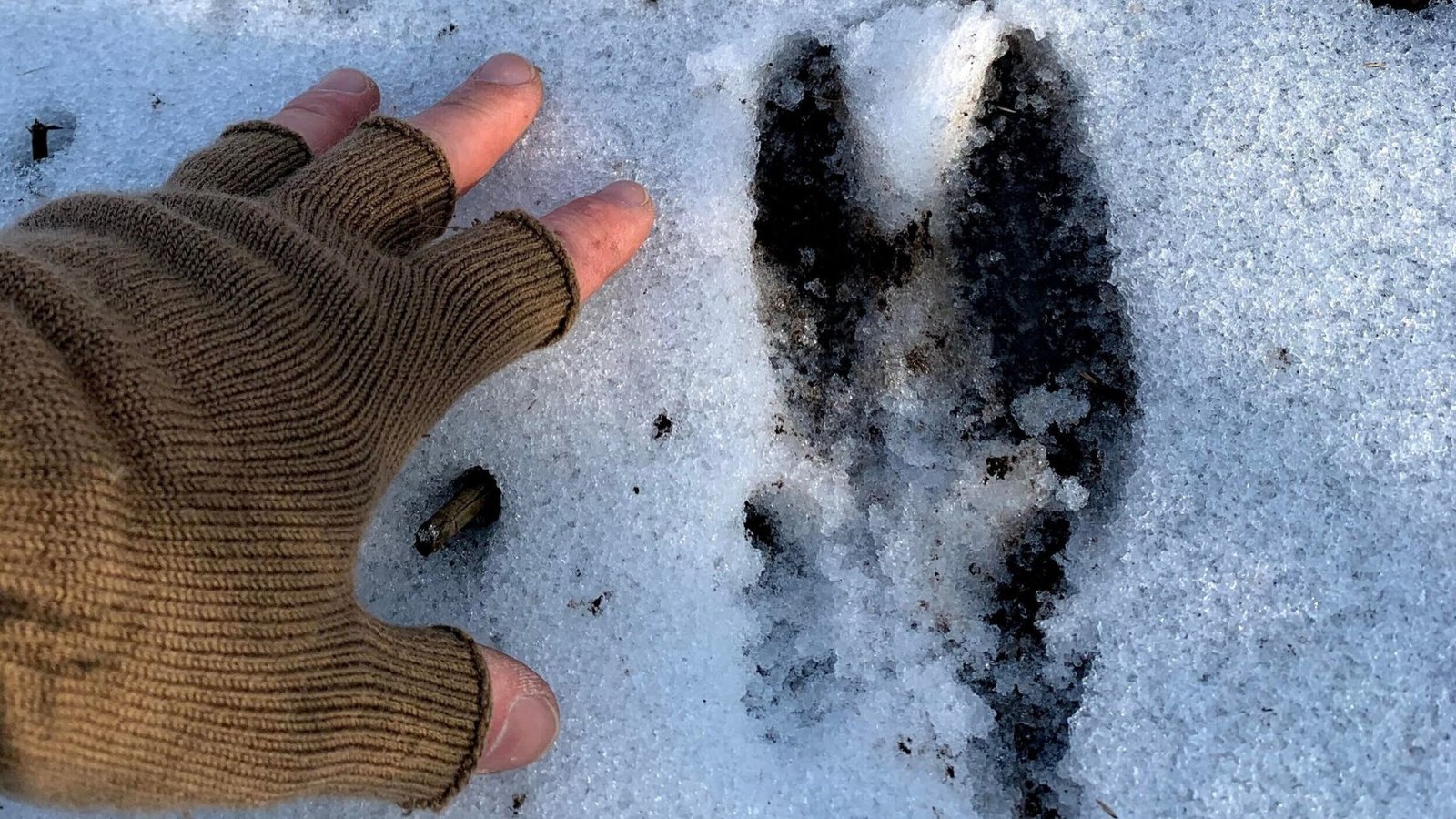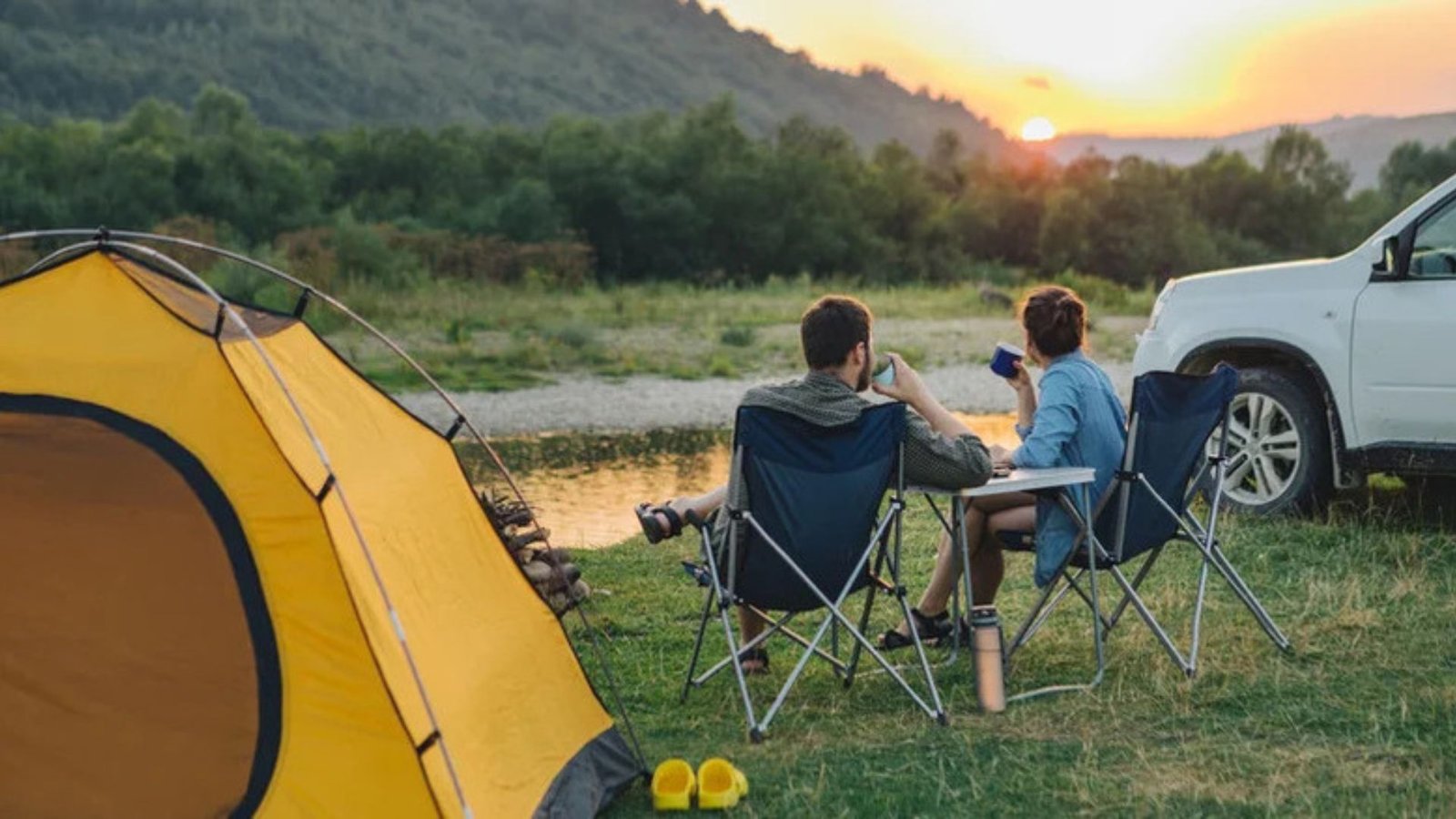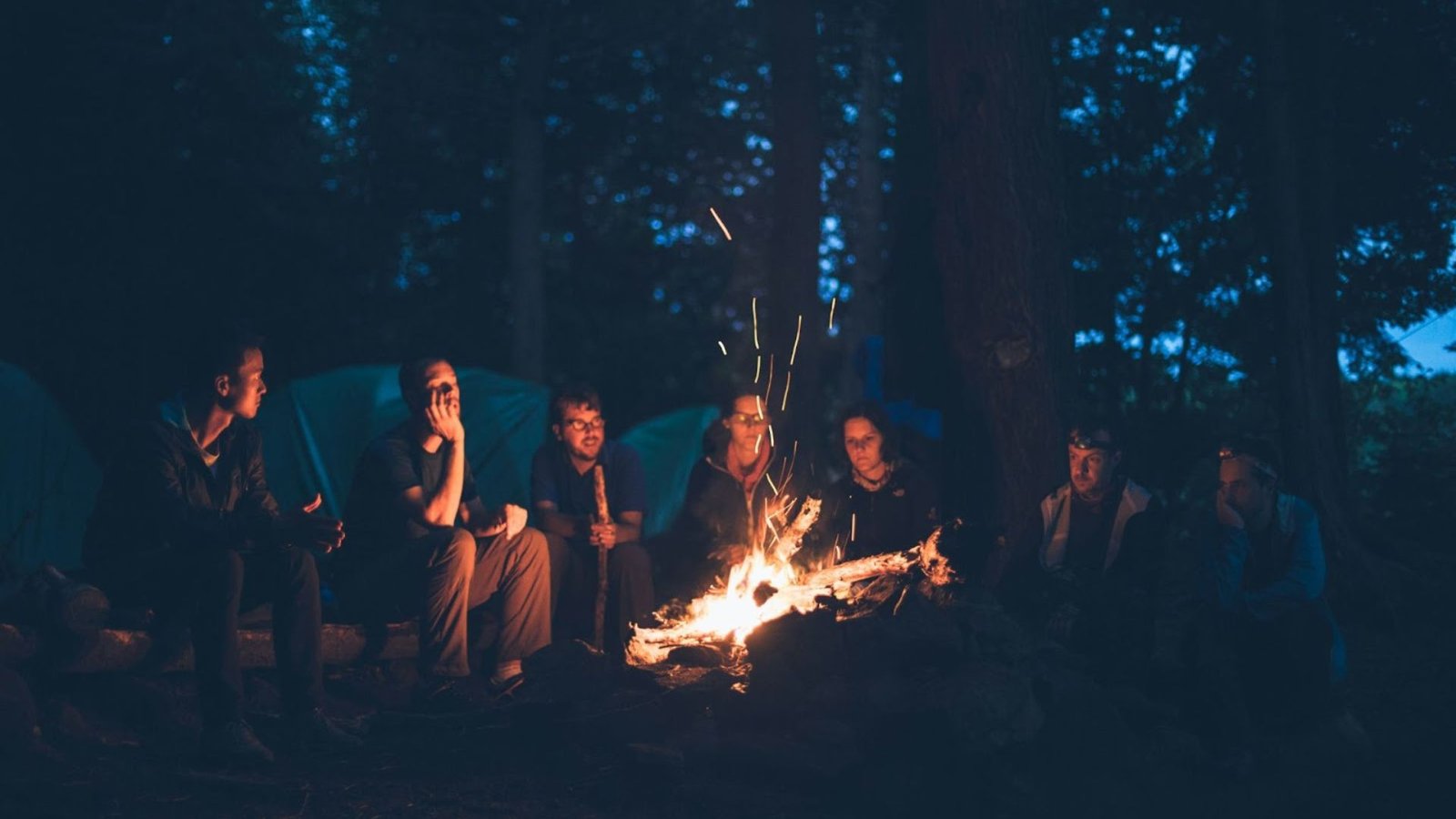Hunting in cold weather presents unique challenges, but with the right preparation, you can turn your cold-weather hunting trip into an exciting and successful adventure. Cold temperatures, snow, and icy winds can make your experience uncomfortable and even dangerous if you’re not adequately prepared. Whether you’re hunting in the snow-capped mountains or deep in the woods, creating a hunting camp that keeps you warm, safe, and comfortable is essential. Here’s how to set up the best hunting camp for cold weather conditions.
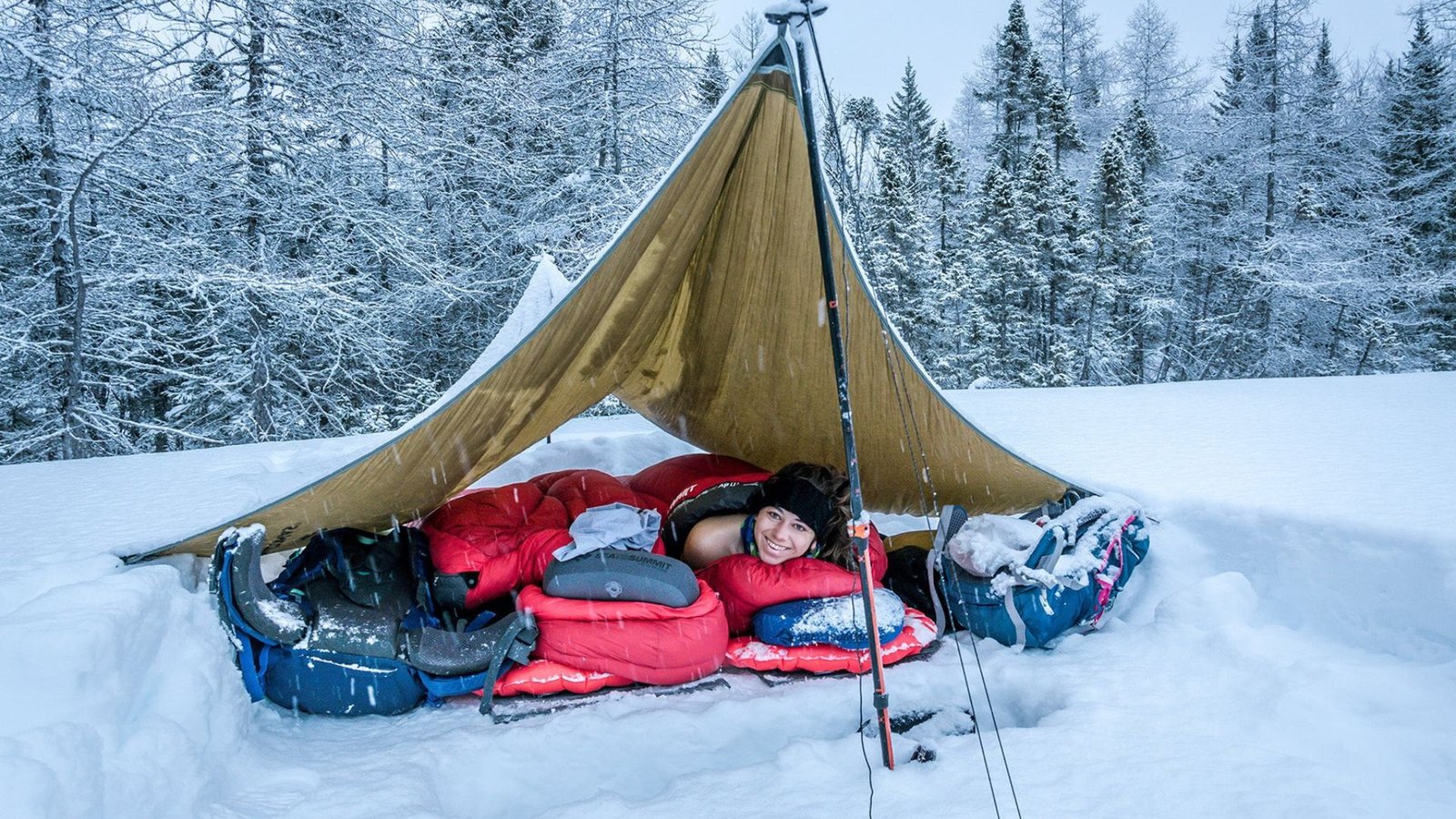
1. Choose the Right Shelter
Your shelter is your primary defense against the cold, so selecting the right one is crucial for staying warm and dry. In cold weather, a reliable and insulated shelter will protect you from the elements and provide comfort when you need rest. Here are some shelter options to consider:
- Four-Season Tent: A four-season tent is designed to withstand harsh weather, including snow and strong winds. Look for one with a strong frame, water-resistant materials, and proper ventilation. This type of tent will keep you safe from the elements while allowing moisture to escape, preventing condensation inside.
- Insulated Tent: For added warmth, choose a tent with built-in insulation or consider using an insulated liner. This type of shelter will help trap heat inside and keep you cozy during the night.
- Tarp Shelters (with precautions): If you prefer a lighter setup, a tarp shelter can be used, but be sure to set it up carefully to shield you from wind and snow. Use extra layers of insulation inside for added warmth.
2. Layer Your Sleeping Gear
When hunting in cold weather, staying warm at night is a must. Cold temperatures can lead to hypothermia and frostbite, so investing in high-quality sleeping gear is essential. Consider the following items:
- Sleeping Bag for Cold Weather: Choose a sleeping bag with an appropriate temperature rating for the weather. Look for one rated for 20°F or lower for cold-weather camping. Down sleeping bags are a great option for insulation, but synthetic bags are better at handling moisture.
- Sleeping Pad: A sleeping pad is essential for insulation from the cold ground. Look for one with a good R-value, which indicates how well the pad insulates you from the cold. Air pads are a lightweight option, while foam pads provide more consistent warmth.
- Sleeping Bag Liner or Blanket: For extra warmth, consider adding a liner or blanket inside your sleeping bag. A fleece liner will add extra insulation and keep you toasty on the coldest nights.
3. Keep Warm With Proper Clothing
In cold weather, staying warm and dry is key to avoiding hypothermia and frostbite. Layering is the most effective way to regulate your body temperature and ensure that you stay comfortable while hunting. Here’s what to pack:
- Base Layer: Start with a moisture-wicking base layer made of materials like merino wool or synthetic fabrics. This layer will keep sweat off your skin and maintain warmth. Avoid cotton, as it traps moisture and makes you cold.
- Mid-Layer: A fleece or down jacket serves as a mid-layer. This will trap warmth and keep you comfortable in chilly temperatures.
- Outer Layer: A waterproof and windproof outer layer is necessary to protect you from snow, wind, and rain. Look for a durable jacket and pants that can withstand the harsh weather while being breathable.
- Accessories: Don’t forget hats, gloves, and scarves. Wear a warm hat that covers your ears, thick gloves or mittens, and a scarf to protect your neck and face from cold winds. A balaclava or face mask can be helpful in extreme conditions.
- Boots: Insulated, waterproof boots are essential for keeping your feet warm and dry in snow or wet conditions. Make sure your boots are comfortable and allow for good circulation to prevent cold feet.
4. Create a Safe and Warm Cooking Area
Cooking in cold weather can be tricky, especially if you don’t have a reliable heat source. A warm meal can help you stay energized and comfortable during your hunting trip. Here are some tips for creating a safe cooking area:
- Portable Stove: A gas or propane-powered stove is ideal for cooking in cold weather. It heats up quickly and works even in freezing temperatures. Make sure you have enough fuel to last the duration of your trip.
- Campfire (with caution): If allowed, a campfire can provide heat for cooking and warmth. Build your fire in a safe, controlled environment to avoid wildfires. Always keep fire safety in mind and have water or a fire extinguisher nearby.
- Cookware: When cooking in cold weather, bring durable cookware that can withstand the low temperatures. A pot, pan, and cooking utensils are all you need for basic meal preparation.
- Food Storage: Store food in airtight containers to prevent it from freezing or becoming contaminated by moisture. A cooler or bear-safe container will keep your food safe and secure from wildlife.
5. Plan for Proper Ventilation and Heat
When setting up your hunting camp in cold weather, proper ventilation is just as important as staying warm. Without proper airflow, your tent can become damp and cold, which can make you sick or uncomfortable. Here are some tips:
- Tent Ventilation: Make sure your tent has built-in ventilation, such as vents near the top or sides. This will help moisture escape and keep the inside dry. If your tent has a vestibule or an entryway, use it to store gear and prevent snow or moisture from getting inside the main tent.
- Heaters: If you’re hunting in extremely cold temperatures, a portable heater can help maintain warmth inside your shelter. Make sure the heater is safe for indoor use and follow all safety guidelines to avoid carbon monoxide poisoning.
- Clothing Drying: Bring a drying rack or line to hang wet clothes near the campfire or inside the tent. It’s essential to keep your clothes dry to maintain body heat and comfort.
6. Stay Hydrated and Well-Fed
In cold weather, it’s easy to forget to drink water, but staying hydrated is crucial for maintaining energy and avoiding frostbite. Here are some tips:
- Water Bottles or Hydration Packs: Use insulated water bottles to prevent your water from freezing. Alternatively, a hydration pack with a hose can help you drink easily throughout the day.
- Hot Drinks: Hot beverages like tea, coffee, and hot chocolate are excellent ways to stay warm and hydrated. They provide energy and help you feel cozy on cold nights.
- Nutrient-Dense Food: Pack high-calorie, nutrient-dense food to keep your energy levels up. Jerky, nuts, dried fruit, and energy bars are great options that are lightweight and easy to carry.
7. Be Prepared for Emergencies
Cold-weather hunting requires extra preparation in case of an emergency. Ensure you have the following:
- First Aid Kit: A fully stocked first aid kit is essential. Include items like bandages, antiseptic, and any personal medications you may need.
- Survival Gear: Carry emergency gear such as a flashlight, extra batteries, whistle, and fire-starting materials. A compass and map are also essential if you’re hunting in remote areas.
- Communication Device: If you’re in a remote location, bring a satellite phone or emergency beacon to ensure you can call for help if needed.
Conclusion
Hunting in cold weather requires extra preparation and care, but with the right equipment, shelter, and strategies, you can stay comfortable and safe. A well-chosen camp setup, warm clothing, reliable cooking gear, and a focus on safety are essential for success. By following these tips, you can create the best hunting camp for cold weather and enjoy your outdoor adventure, no matter how low the temperature drops. Stay warm, stay safe, and happy hunting!






